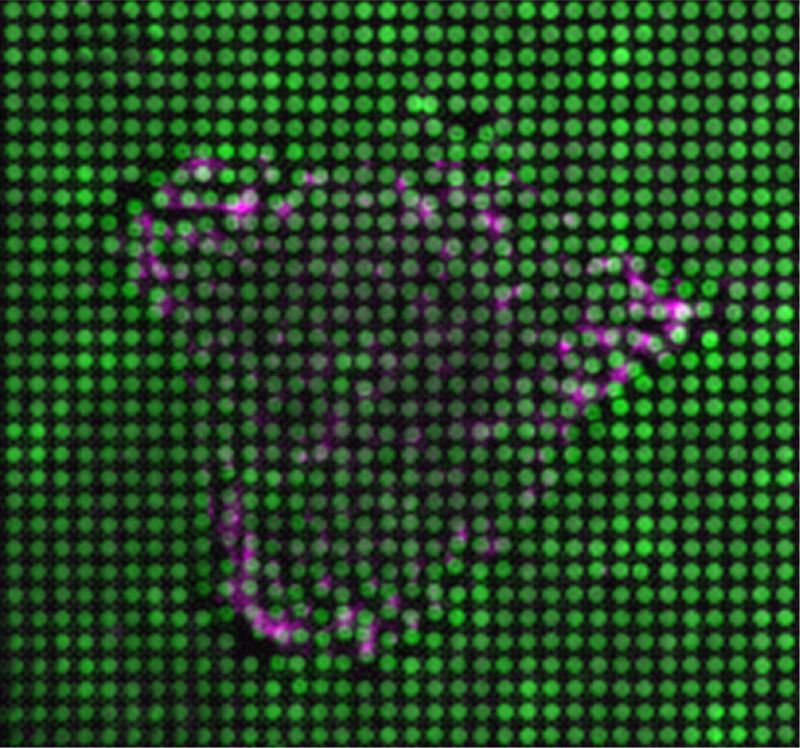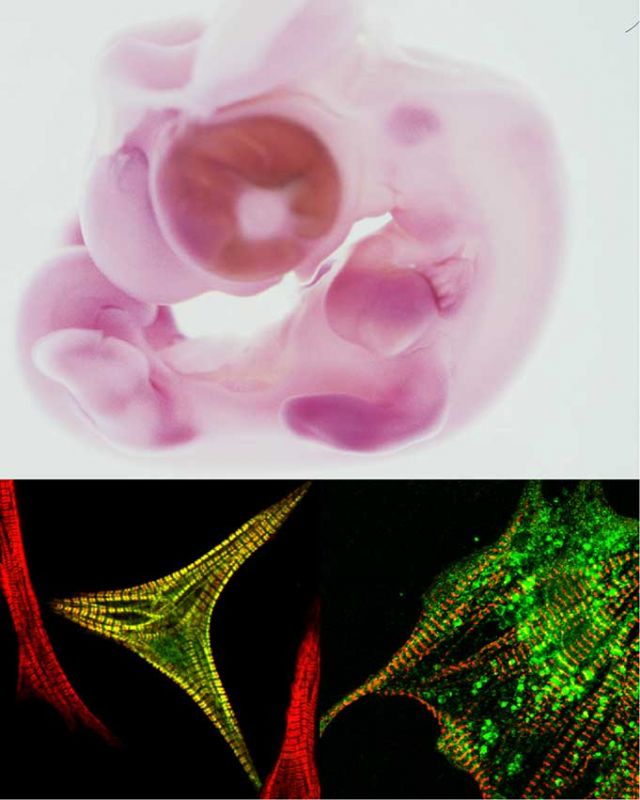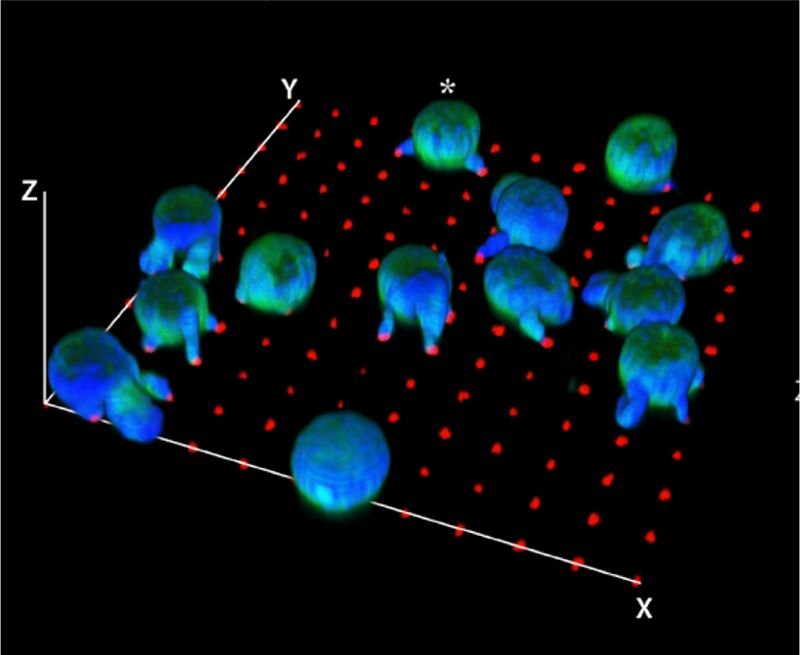Prof Thomas Iskratsch
Dipl.-Ing., PhD, FHEA
Research Overview
Mechanobiology, Cardiovascular Disease, Cardiovascular Engineering, Micro- and Nano-patterning, Cell Mechanics, Cytoskeleton, Cell Engineering, Organ-on-a-chip
The role of mechanical signals in the cardiovascular system
The cellular microenvironment is defined by both chemical and physical/mechanical parameters. Recent data inidicated that mechanical signals, such as extracellular matrix rigidity contribute to guide cell migration, growth or differentiation during development or in disease.
Our research aims at understanding how mechanical forces regulate cell behavior especially in the cardiovascular system, including the formation and maintenance of the contractile myofibrils in cardiomyocytes during heart development or in cardiac disease, or the determination of vascular smooth muscle cell phenotypes (contractile or synthetic). To answer these questions we use techniques, such as nanopillar arrays, micro and nano-patterning, magnetic tweezers or molecular Förster resonance energy transfer (FRET) protein activity and tension sensors.




